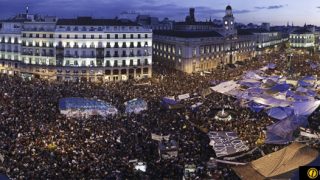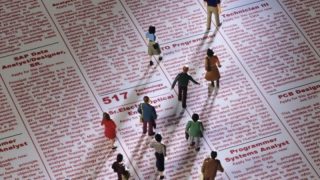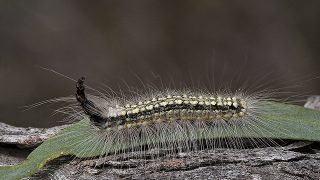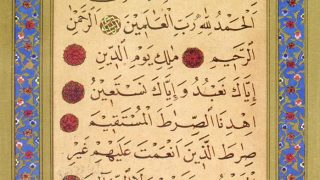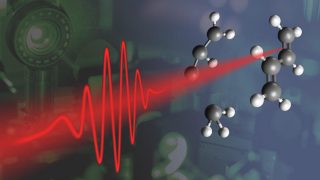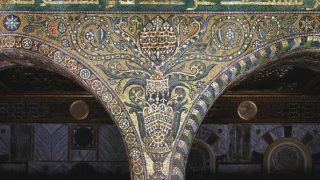
MI weekly selection #28
Humanities & Social Sciences • Science • Technology • Weekly Selection
Violence against women at epidemic proportions Three in ten women worldwide have been punched, shoved, dragged, threatened with weapons, raped, or subjected to other violence from a current or former partner. Close to one in ten have been sexually assaulted by someone other than a partner. Of women who are murdered, more than one in […]


